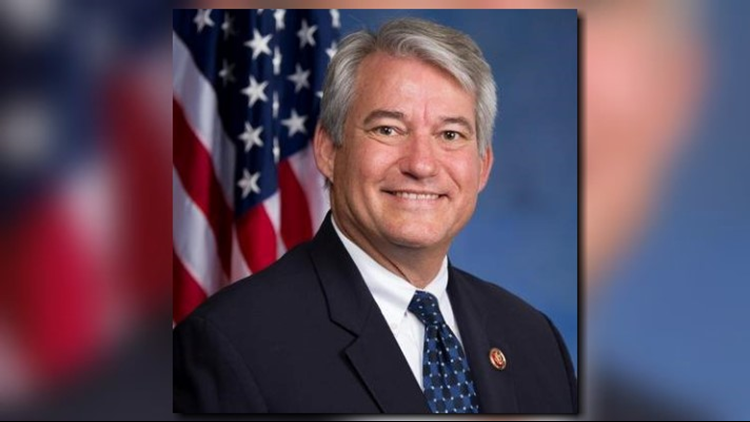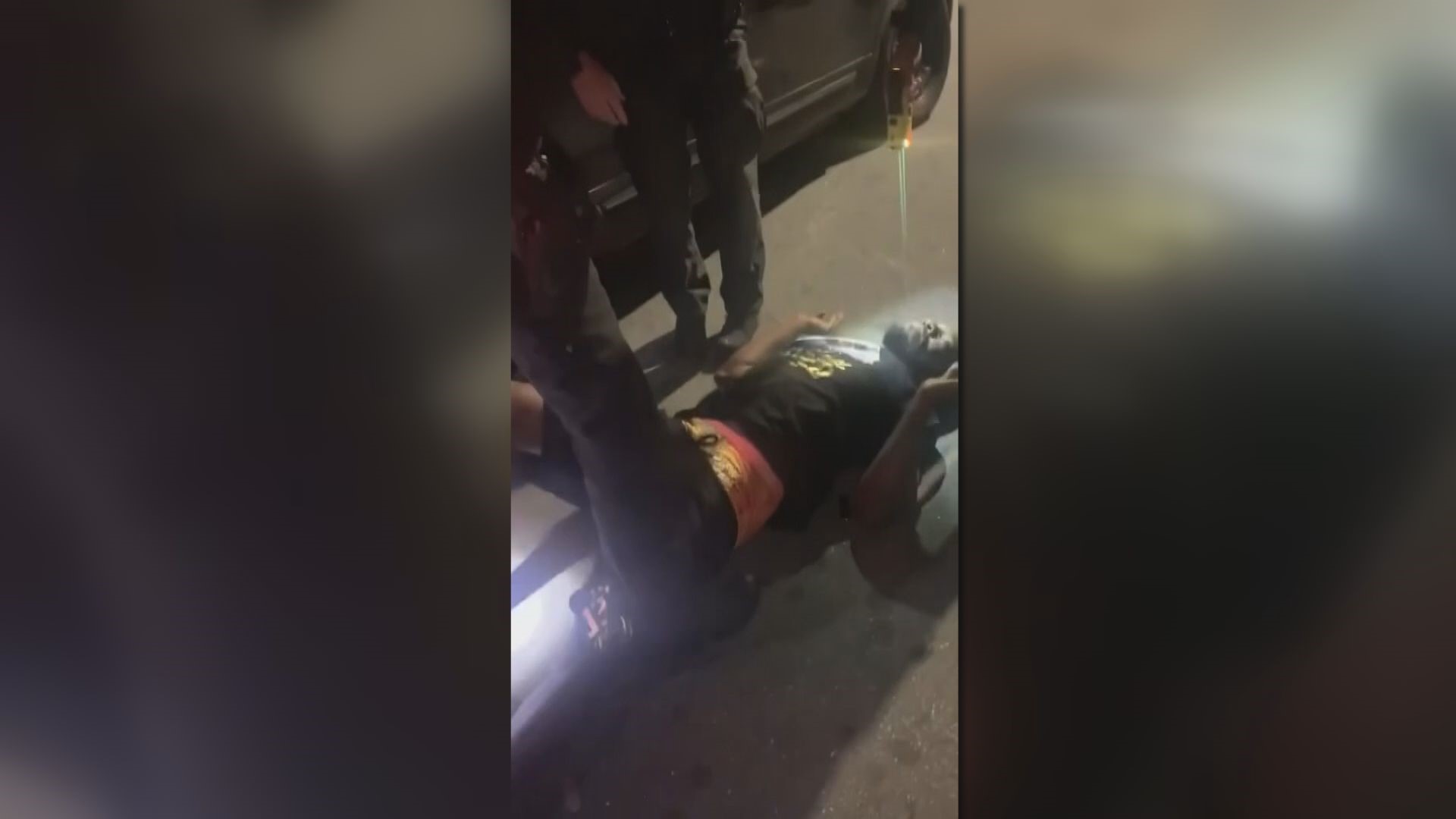TAMPA BAY, Florida – First-quarter federal election filings by U.S. Rep. Dennis Ross reveal the influential Congressman continued to accept tens of thousands of dollars from political action committees and special interests in the weeks leading up to his surprise April 11 retirement announcement – money he will continue to have access to after he leaves his Central Florida seat.
Ross, R-Lakeland, told 10Investigates last week he had no plans to close down his account after he leaves Congress, giving him great leeway in how he will spend his $320,000 in cash-on-hand. The Federal Elections Commission (FEC) suggests lawmakers should wind down campaign expenses within six months after leaving office, but there is currently no requirement to actually close the account, and little oversight to ensure candidates don’t violate federal laws prohibiting “personal use” of the funds.
10Investigates, in a joint effort with the Tampa Bay Times, exposed how former Congressmembers were able to use leftover campaign donations as personal slush funds, subsidizing their post-Congressional careers. While many used leftover funds for acceptable political and charitable purposes, about 100 identified in the investigation used the money on questionable expenditures such as lobbying donations, football tickets, travel and expensive meals.
Ross has never been cited for any improper campaign expenditures and promises to continue to follow the rules. But after he announced he would not run for re-election this fall on April 11, Ross did not specify exactly how he would use his leftover campaign funds, other than to say he would advance conservative political causes and possibly donate to non-profit voter-education programs.
Ross said last week had been giving increasing thought to leaving Washington, D.C. for a while, but his office said Wednesday he had only made the decision to quit campaigning on April 8. In an email, his office said the Congressman has raised no additional funds since then, and "he continues to follow all applicable FEC rules in compliance with the law including a strict prohibition on using campaign funds for personal use."
Ross' first quarter (Jan-Mar) campaign finance report shows in March, he received about $76,000 in donations from a handful of lobbyists and dozens of PACs that could benefit from Ross’ acts in Congress. In February, Ross collected about $44,000 from lobbyists and PACs.
Among the interests represented: the Mosaic Company, sugar growers, postal workers, and a number of insurance and banking interests. Ross sits on the influential House Committee on Financial Services.
It is unclear if the interests knew if Ross was considering leaving Congress; candidates are allowed to refund donors when they choose not to seek re-election, but it's extremely rare.
Another local Congressman serving his final term, Tom Rooney, R-Okeechobee, seemed to have all-but-ceased his fundraising well before his unexpected February announcement that he would not seek re-election. Rooney received just a single $1,000 campaign check in the first quarter, according to his most recent FEC filing.
A bipartisan bill, introduced after the release of the 10Investigates/Times series, proposes to prohibit former members of Congress from keeping campaign accounts open for more than two years after they leave office. They could donate the money to charity, other established political committees or refund donors.
The FEC is also soliciting public comment following the investigation, as it considers restricting what "zombie campaigns" can do with leftover money.
The FEC is halfway through its 60-day solicitation period and will decide what to do next in late May.
The 10Investigates/Times series was honored as a finalist for “Investigation of the Year” in the international Data Journalism Awards competition.
Find 10Investigates' Noah Pransky on Facebook or follow his updates on Twitter. Send your story tips confidentially to npransky@wtsp.com.



